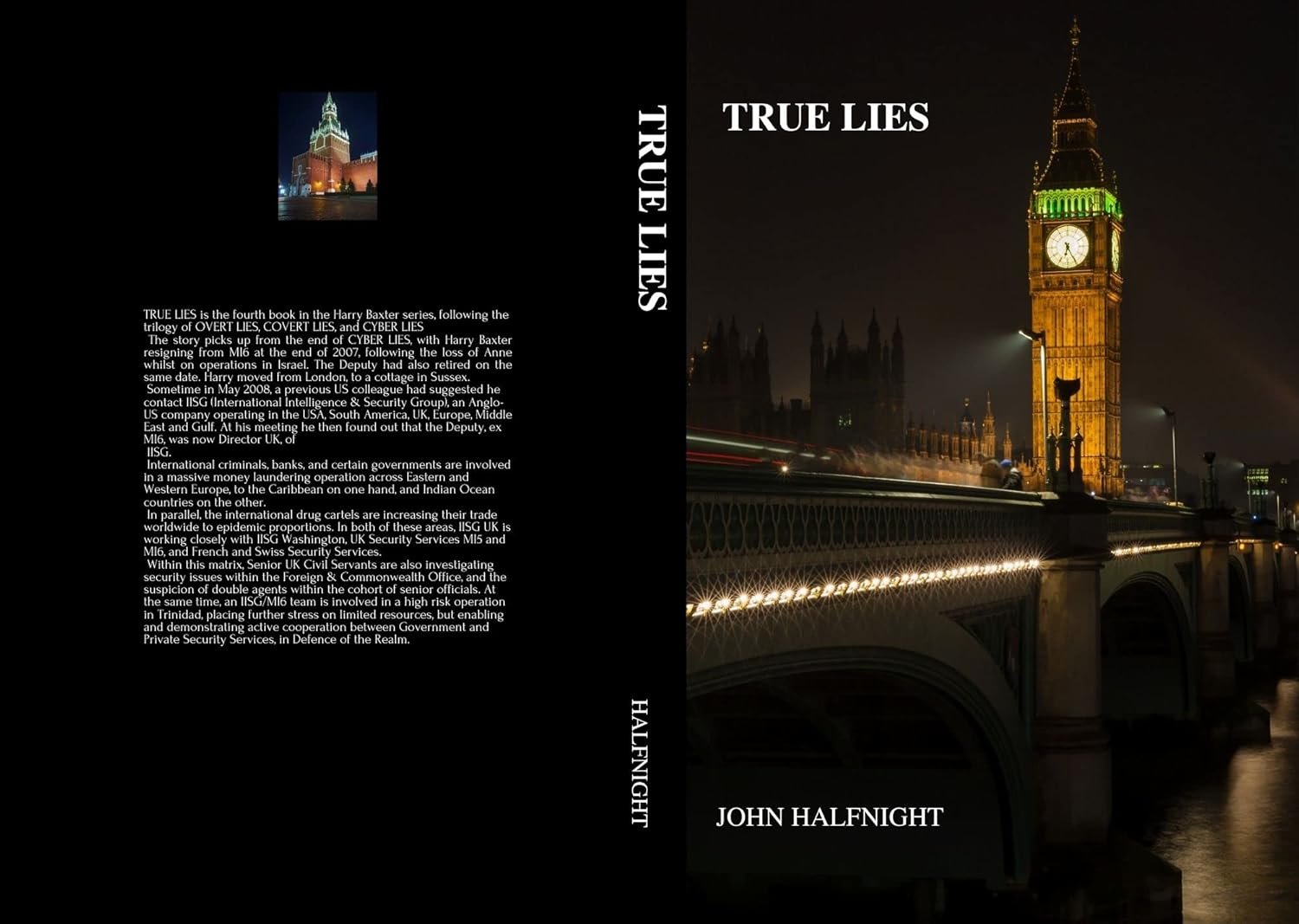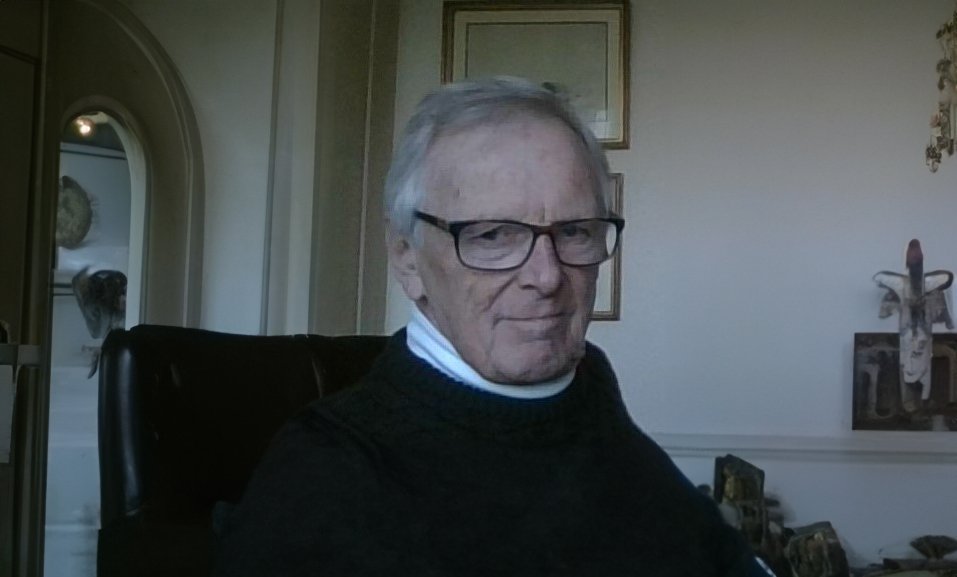John Halfnight discusses how his global experiences and military background influence his Harry
Baxter series, blending real-world events with fiction to create engaging narratives of geopolitical intrigue and espionage.
John Halfnight is a masterful storyteller whose life experiences have uniquely positioned him to craft thrilling narratives that captivate readers worldwide. With a career that spans military service in the Corps of Royal Engineers and a successful tenure in international business, Halfnight has traversed the globe, gaining insights and perspectives that enrich his writing. His time spent in diverse regions such as the Middle East, Europe, and Asia has provided him with a wealth of knowledge and inspiration, which he skillfully weaves into the intricate plots of his novels. As a result, his works are not only entertaining but also offer a profound exploration of geopolitical dynamics and the complexities of global intelligence operations.
In his acclaimed Harry Baxter series, Halfnight demonstrates his exceptional ability to blend real-world events with fiction, creating narratives that are both compelling and thought-provoking. His debut novel, Overt Lies, delves into the Buncefield Oil Terminal disaster, reimagining it as a potential terrorist attack and showcasing his talent for crafting suspenseful and believable scenarios. Through his vivid storytelling, Halfnight invites readers to explore the shadowy world of espionage, where intelligence agencies like MI6, Mossad, and the CIA navigate intricate webs of political intrigue and deception. His novels are a testament to his skill in character development and his deep understanding of the challenges faced by those in positions of leadership and decision-making under pressure. As you delve into this interview, prepare to be inspired by the insights and experiences of an author whose work continues to resonate with audiences around the globe.
Your career has spanned various roles in the military, corporate world, and international business across many regions. How have your experiences in the Middle East, Gulf, and other global hotspots influenced the plots and characters in your Harry Baxter series?
Certainly career, situations, and characters, have a huge impact on plots, groups and individuals. My friends and colleagues around the world in commercial endeavours, military, or intelligence, provide a significant mental level of resource in this area.
In Overt Lies, you explore the possibility that the Buncefield Oil Terminal disaster was not an accident. What drew you to this event as a starting point for your series, and how did you blend real-world events with fiction to create a compelling narrative?
The Buncefield disaster was the single largest explosion in the UK since WWII. The first reaction publicly, press and police was that it could have been a terrorist attack. Health and Safety took a year to determine that it was an accident. My thinking was, IF, it had been a terrorist attack, how could that have been carried out? The rest was filled in by experience!
Your novels are rich with geopolitical intrigue and complex relationships between intelligence agencies like MI6, Mossad, and the CIA. How do you approach writing these intricate plots to ensure they remain engaging and believable for your readers?
I have been fortunate in a number of international connections during my life, particularly in the UK, USA, and Europe, which have obviously contributed factual observations into my novel writing. A great friend of mine was John A Shaw, who was a former US Deputy Under Secretary of Defense. He and I shared some of the Gulf country experiences.
The Harry Baxter series delves into themes of terrorism, political manoeuvrings, and espionage. What do you hope readers take away from your exploration of these intense and often dark subjects?
I hope readers understand through my novels, the sort of challenges and complexities of security and governance, that face all countries of Europe and the USA, with the unending attacks on democracies, either physical or electronic.
Given your extensive international experience, how do you keep your portrayal of different cultures and regions authentic while writing about global terrorism and intelligence operations? Are there particular challenges you face in this regard?
Memories of people, cultures, and situations, obviously play a major role in hoped for authenticity. [ 007 is not the template!]
Patience, analysis, and an application of SMEAC (Situation, Mission, Execution, Administration, Comms, & Logistics) will help, hopefully, in most cases.
Your background in the Corps of Royal Engineers and later as a CEO across various countries must have given you a unique perspective on leadership and decision-making under pressure. How do you incorporate these elements into your character development, particularly for Harry Baxter?
Some years back I was visiting faculty at a Centre for Leadership Studies, at a UK University. The cohorts of students were international, including both military,(up to Brigadier), and civilian, NHS, Academics, commercial organisations etc. Such experience provides a great memory reserve for writing fiction!
EDITOR’S CHOICE
A gripping, intelligent thriller with sharp writing, compelling characters, and relentless intrigue—TRUE LIES is a must-read for espionage fans.



